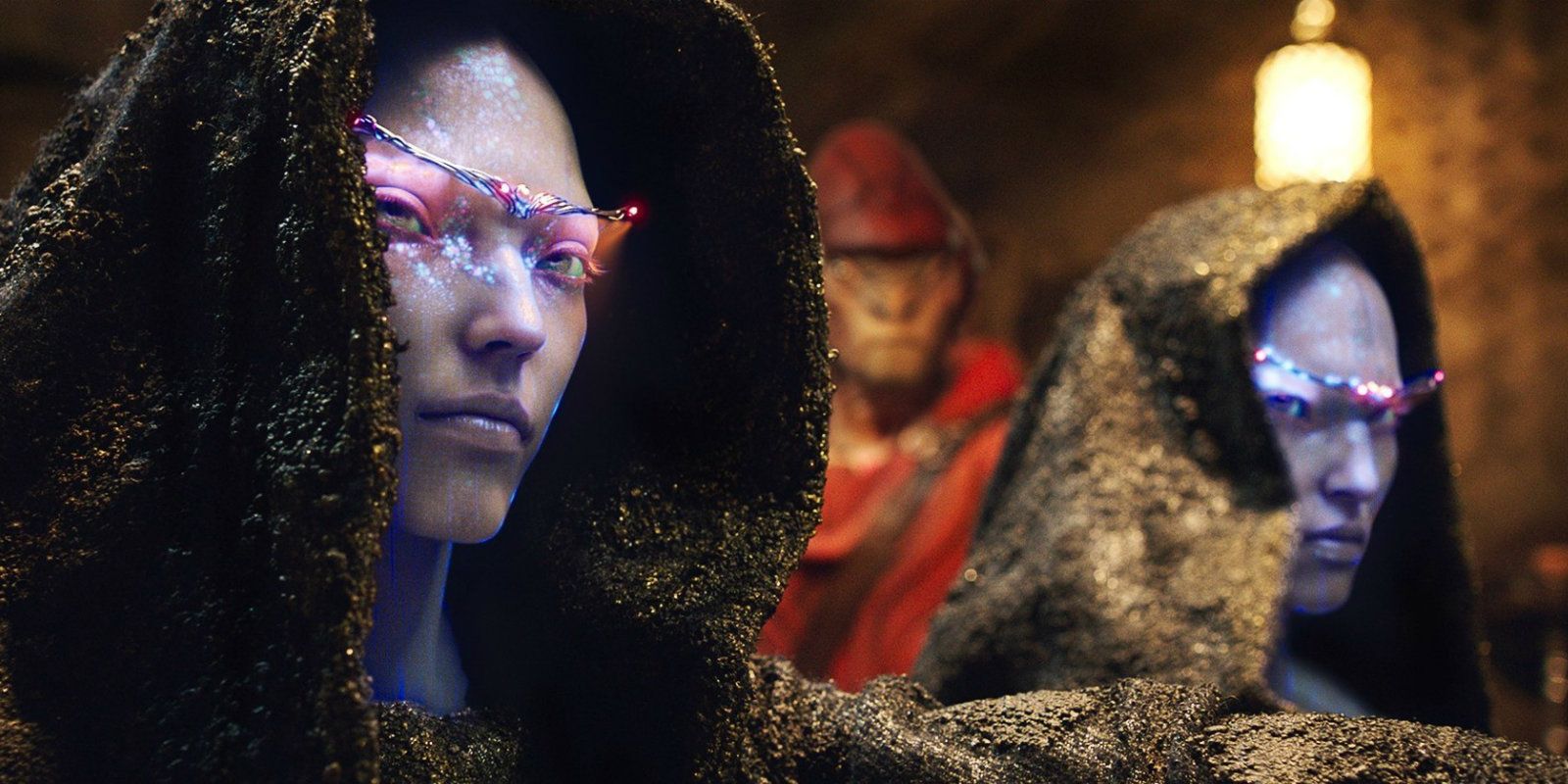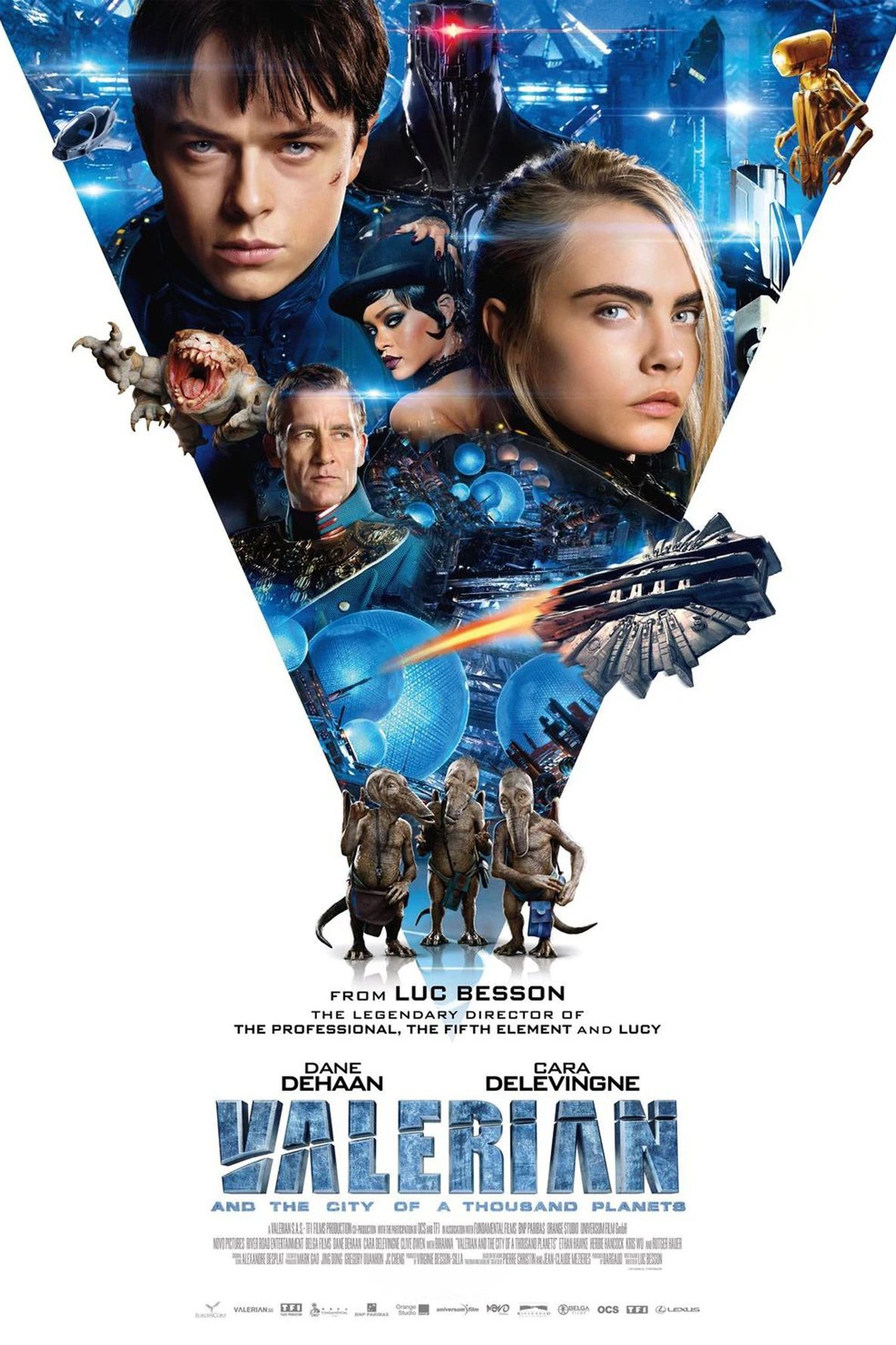Luc Besson's upcoming sci-fi epic Valerian and the City of a Thousand Planets is said to be a lot of things (see the generally positive word of mouth and early critical reviews), but one thing it is unlikely to become is a commercial bomb. Due to a known funding method – full-equity financing – the visionary filmmaker has already evaded the normal budgetary practices typically used for major films such as this.
This is not an unprecedented approach in Hollywood, either. Such recent, successful movies as La La Land, Loving, Moonlight, and John Wick have all benefited in one way or another by either equity financing or foreign sales. However, the budgets on these respective films are significantly lower than Valerian's, and thusly, required far less financing than Besson's endeavor.
As explained by Wired's Adam Rogers, full-equity financing refers to "when the producers find people willing to invest in a movie against its future performance and use that money to pay for production." Afterward, they sell the movie to a distributor, often times by showing it at a festival. It is a method of funding that is generally reserved for indie pictures (such as Nocturnal Animals) that have far less of a budget than Valerian's reported $209.68 million. Given the picture's sizable price tag, alternate measures needed to be taken as well: enter the foreign-sales model.
In the case of foreign-sales models, a producer will usually conduct some sort of presentation to distributors of other countries. A script, images, and possibly even some early footage or a trailer could all be utilized for this pitch designed to entice distributors to sign presale contracts – a payment in advance with a promise to pay the balance on the picture's delivery, which is then used as collateral to obtain loans that will cover the majority of the film's budget. In the case of Valerian, Besson took the script to Cannes Film Festival and "sold almost $80 million of presale in a day.” He then went on to sell to distributors in more than 100 countries.
Essentially, Besson has proven to be just as successful a businessman (if not more so) than he is a director. Valerian may have the budget of a major summer blockbuster, but it is financed like an indie picture. Even more importantly, Besson and company were able to make this passion project without interference from major studio executives. At the end of the day, the team was able to create the film they wanted, and that is exactly what moviegoers will see when Valerian and the City of a Thousand Planets debut this weekend.
Despite the minimal amount of risk Valerian is facing, audiences will still want to get out and support this sci-fi adventure if they would like to see what Besson and company have in store for the sequel(s) that he wants to make.
NEXT: Valerian 2 Has Already Been Written
Source: Wired



